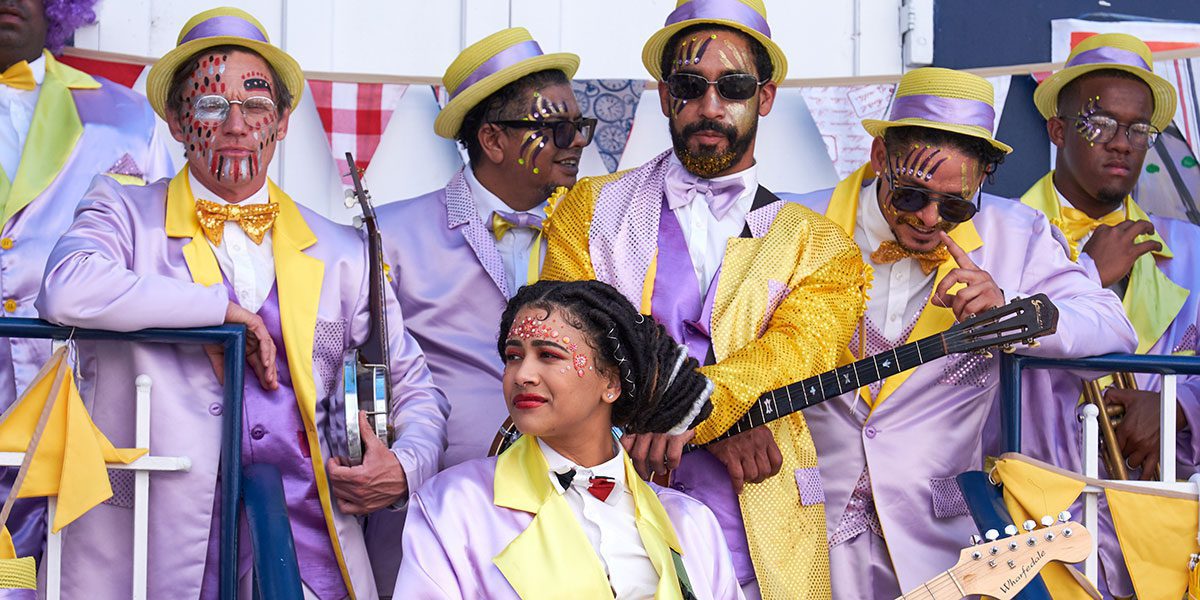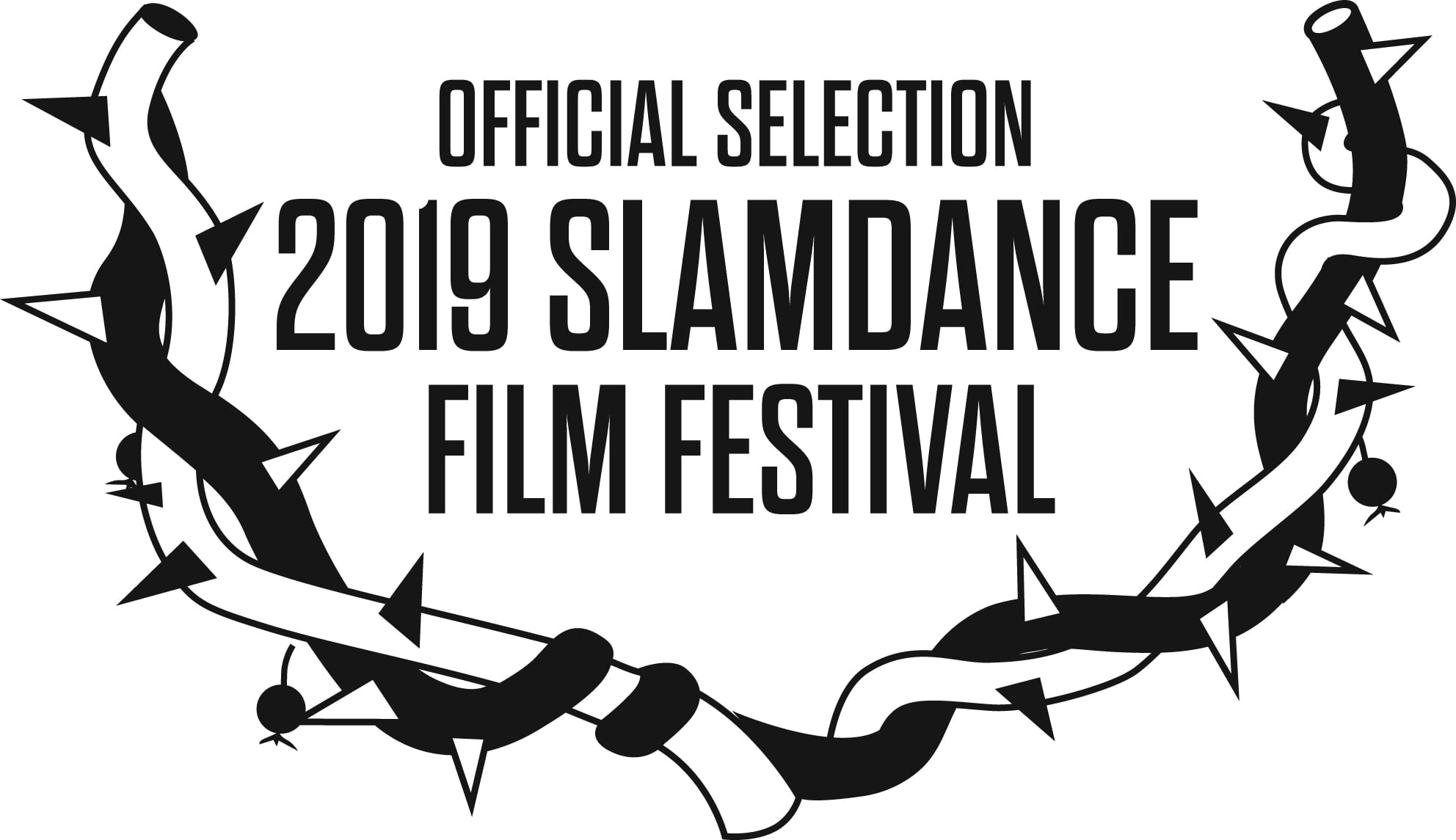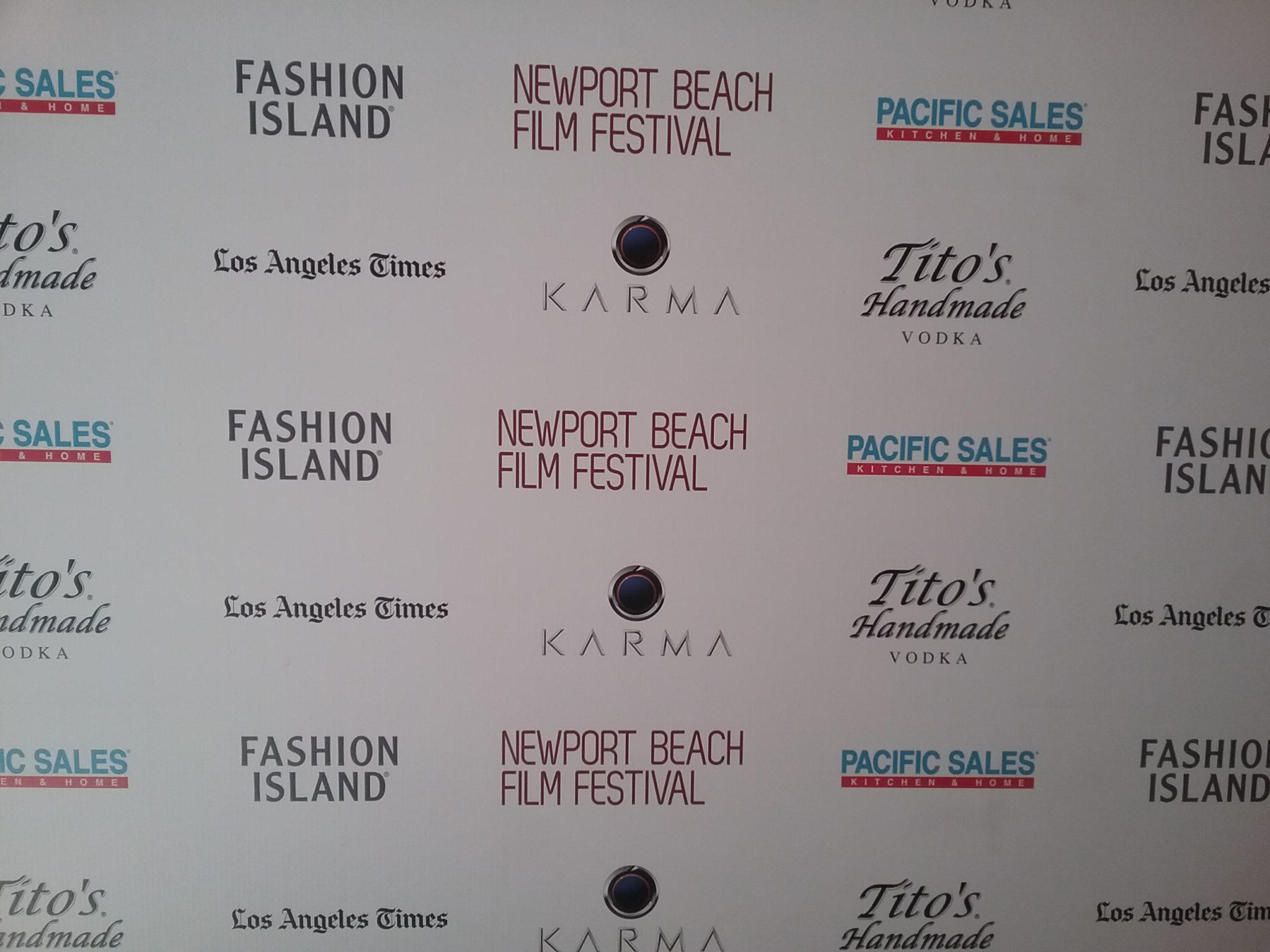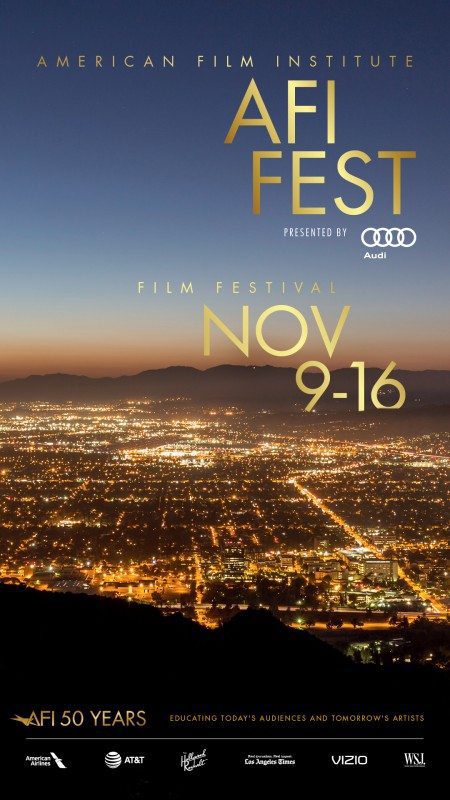
TIFF ’22: The Umbrella Men
If joy were a film, it would be The Umbrella Men. The Umbrella Men tells the story of Jerome (Jaque De Silva), a man who reluctantly returns to Cape Town after the passing of his estranged father. Upon his arrival, he learns that his father has left him the Goema Club, the home of his father?s beloved…



